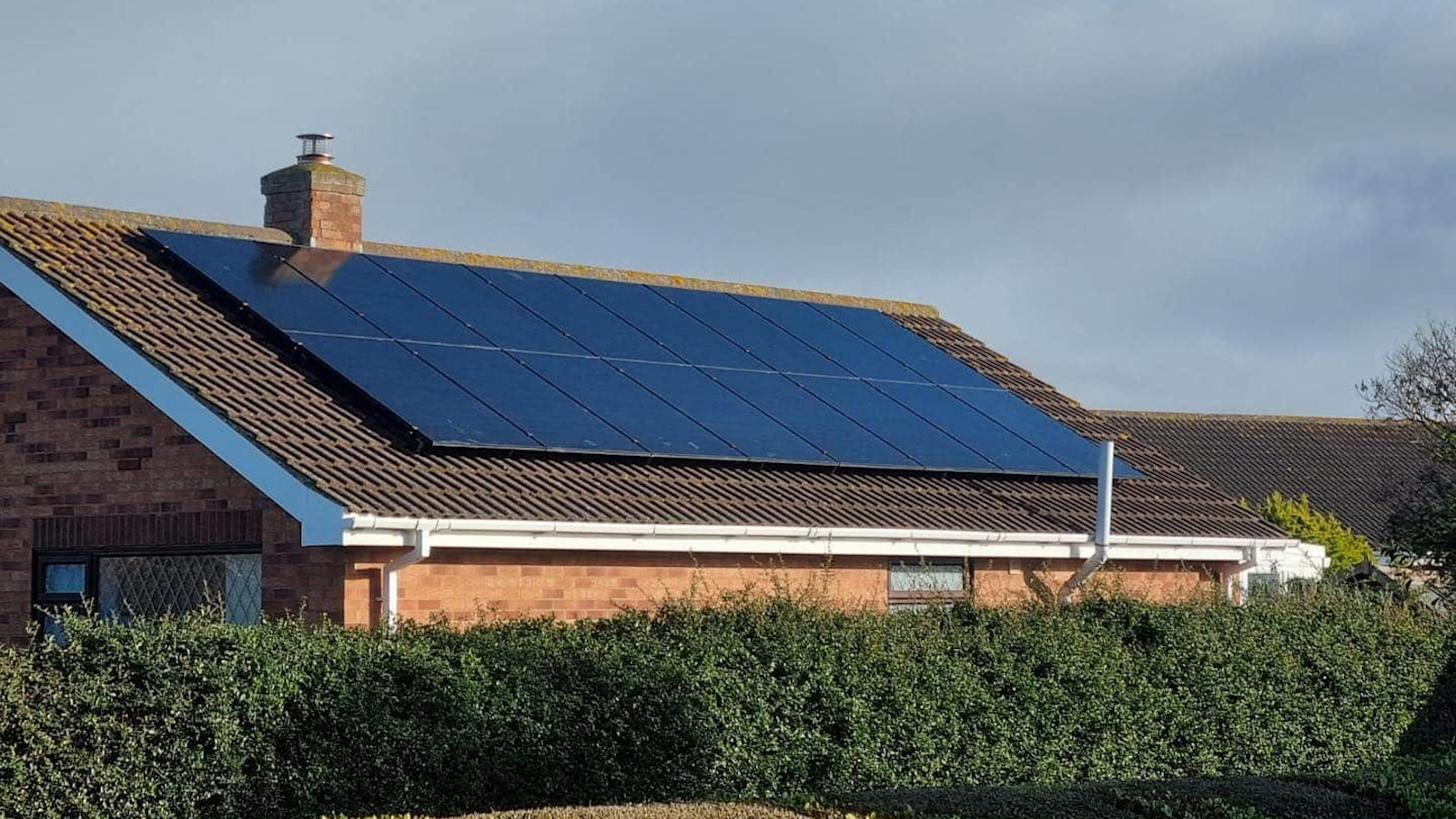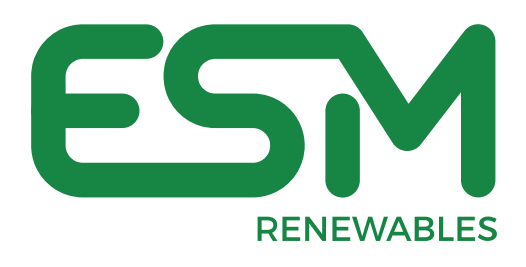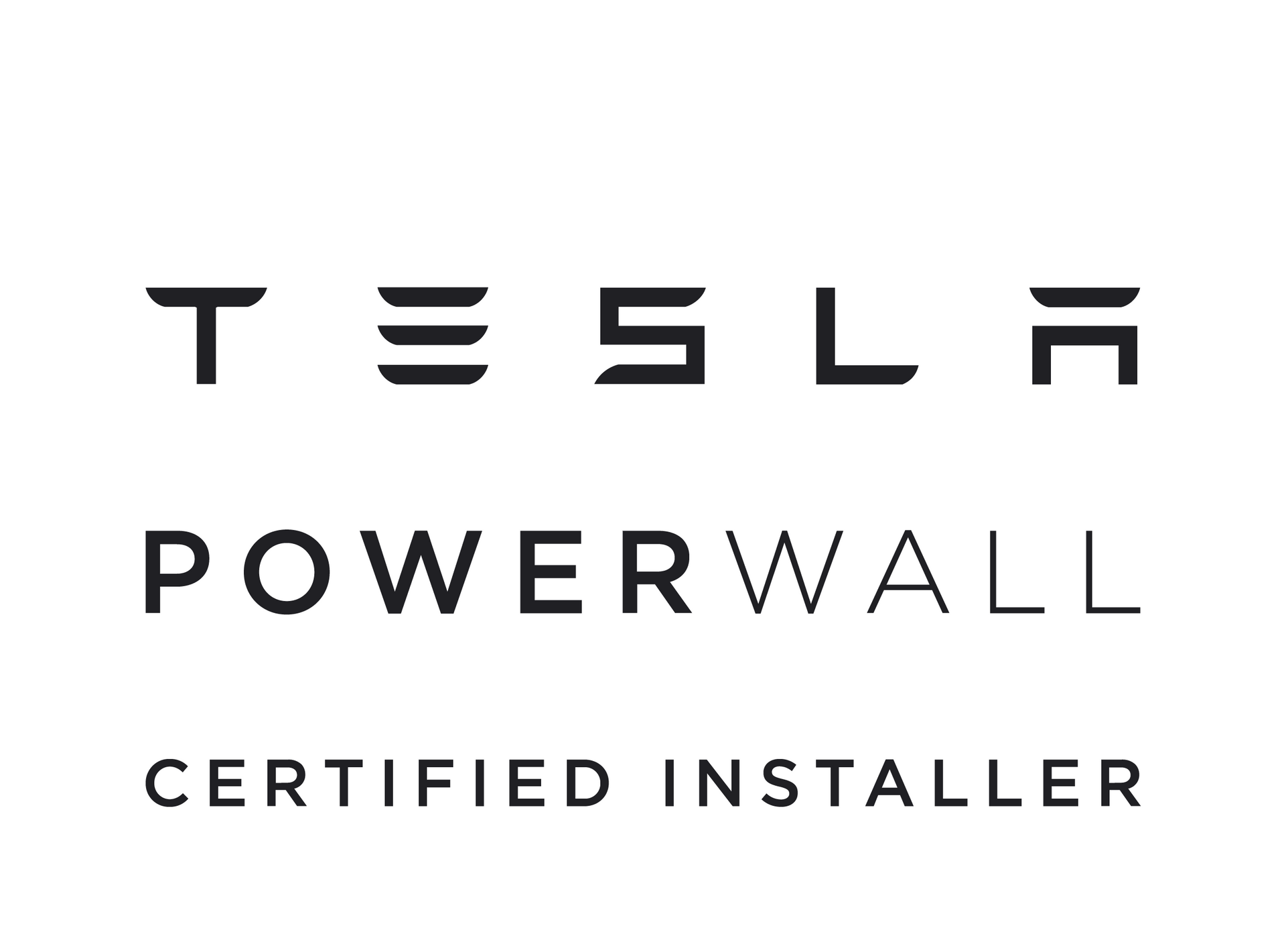Harness Nature's Power: Invest in the Future with Air Source Heat Pumps!
An air source heat pump isn't just another appliance, It's a commitment to a greener planet.
Unlike conventional heating methods, these pumps don't burn fossil fuels, which means no harmful CO2 emissions.
By choosing air source heat pumps, you're reducing your carbon footprint and taking a proactive step toward combating climate change.
An Eco-Friendly Solution:

An air source heat pump isn't just another appliance; it's a commitment to a greener planet. Unlike conventional heating methods, these pumps don't burn fossil fuels, which means no harmful CO2 emissions. By choosing air source heat pumps, you're reducing your carbon footprint and taking a proactive step toward combating climate change.
Pocket-Friendly Savings:

It's not just Mother Earth that will thank you! Your wallet will too.
Air source heat pumps are a marvel in energy efficiency, operating based on a principle known as the Coefficient of Performance (COP).
The COP represents the ratio of heating or cooling provided by the heat pump to the energy consumed, in simpler terms, for every unit of electricity the heat pump uses, it can produce multiple units of heat.
For many air source heat pumps, the COP can range from 2.5 to 4, meaning for every 1 unit of electricity they consume, they can deliver 2.5 to 4 units of heat to the home.
To compare this with traditional electric heaters which have a COP of 1 (they produce 1 unit of heat for every 1 unit of electricity they consume), the difference is stark. This high COP of air source heat pumps translates directly to efficiency, allowing you to get more heat for the same amount of electricity.
This can drastically reduce your energy consumption, saving you up to 50% on your heating bills.
Over its lifespan, it pays for itself!
Self-reliance and Security:

In a world where energy prices fluctuate and resources deplete, solar provides a degree of independence.
Rely less on unpredictable energy markets and more on the consistent and reliable sun.
In summary, by switching to Solar PV, you're not just making an environmentally conscious decision, you're making a smart financial move.
It's a win-win for your wallet and the world. Step into a brighter, sustainable, and economically sound future with Solar PV!
Solar PV is more than just an energy choice, it's an investment in a prosperous and sustainable tomorrow.
Embrace the solar revolution today.
Benefits of Solar Photovoltaic (PV) Energy
Solar Photovoltaic (PV) technology has been at the forefront of sustainable energy solutions for several years.
The surge in its adoption globally can be attributed to many benefits that make it a compelling choice for businesses, governments, and individual homeowners.
Here's a look at some of the significant advantages of Solar PV energy:
1. Environmentally Friendly:
One of the primary benefits of solar PV systems is their minimal environmental impact.
Unlike traditional fossil fuels, solar energy doesn't produce harmful emissions, pollutants, or greenhouse gases.
As a result, it plays a crucial role in reducing the carbon footprint, mitigating climate change, and promoting cleaner air.
2. Renewable Energy Source:
The sun, an infinite power source, ensures that solar energy is perennially available.
With the estimated lifespan of our sun being a few billion more years, solar energy stands out as a truly renewable power source, in contrast to the depleting reserves of coal, oil, and natural gas.
3. Reduction in Electricity Bills:
Installing a solar PV system often translates to decreased electricity bills.
Users can generate their own electricity, thus reducing or even eliminating their reliance on the grid.
Moreover, with net metering, homeowners can sell excess energy back to the grid in some regions, turning their installations into income-generating assets.
4. Scalability and Flexibility:
One of the inherent beauties of solar PV systems is their modular nature.
This means that they can be designed to meet specific energy requirements and can be expanded in the future if needs change.
Whether it's a small installation for a suburban home or a vast solar farm for industrial needs, the flexibility is unparalleled.
5. Low Maintenance Costs:
Once installed, solar PV systems require minimal maintenance.
Without any moving parts in most standard installations, the chances of something breaking or needing regular upkeep are relatively low.
Occasional cleaning and periodic checks by professionals ensure that the system operates efficiently for years.
6. Job Creation:
The solar industry has witnessed exponential growth over the past decade.
This growth has led to the creation of numerous jobs in manufacturing, installation, maintenance, and more.
Investing in solar not only contributes to a sustainable future but also stimulates economic growth.
7. Technological Advancements:
Solar technology has seen rapid advancements, leading to increased efficiency and decreased costs.
Innovations like bifacial panels, which can harness sunlight from both sides or tracking systems that follow the sun's trajectory, ensure that modern solar installations harvest more energy than ever before.
8. Energy Independence:
On a larger scale, nations investing in solar PV can reduce their dependency on imported fossil fuels.
This has not only economic benefits by keeping capital within the country but also offers strategic advantages in terms of national energy security.
9. Stable Energy Prices:
Unlike the volatile prices associated with fossil fuels, the costs related to solar energy are relatively stable.
Once the initial investment for installation is covered, the price of producing solar electricity remains consistent, protected from the unpredictable surges in fossil fuel prices.
10. Community and Grid Benefits:
Decentralized solar installations, like community solar projects or individual rooftop panels, reduce the strain on the grid, especially during peak demand periods.
This can diminish the chances of blackouts and reduce the need for building more power plants.
In conclusion, solar PV energy is not only a sustainable solution that addresses the looming climate crisis but also offers an array of economic and societal benefits.
As technology continues to evolve and the world recognizes the urgency of shifting to renewable sources, solar PV stands out as a beacon of hope for a cleaner, brighter future.
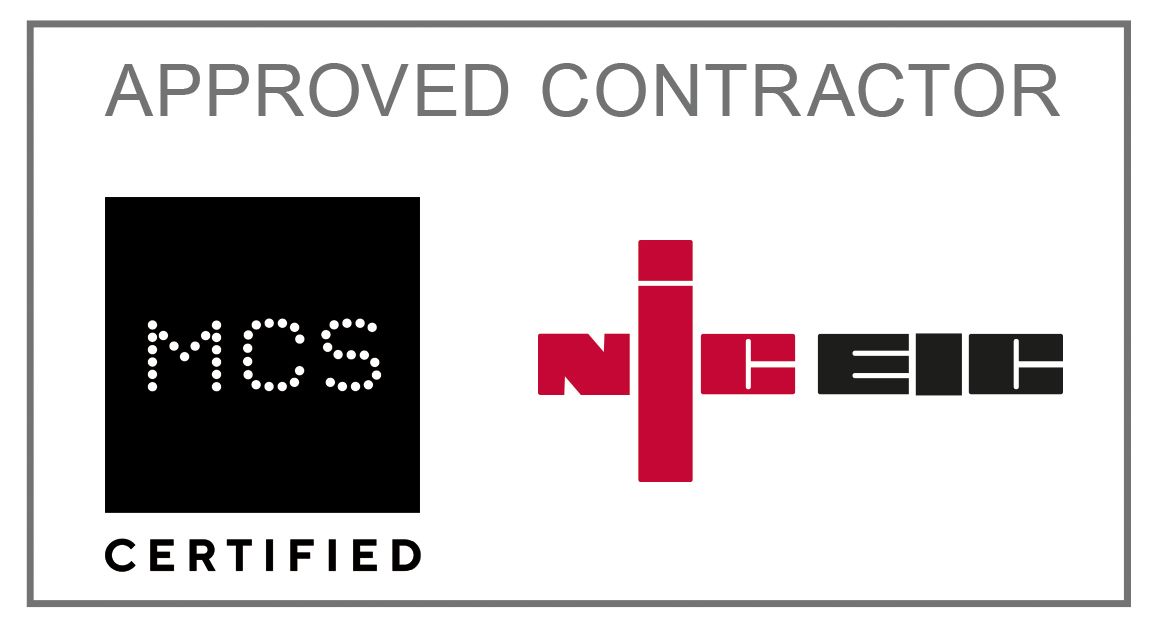
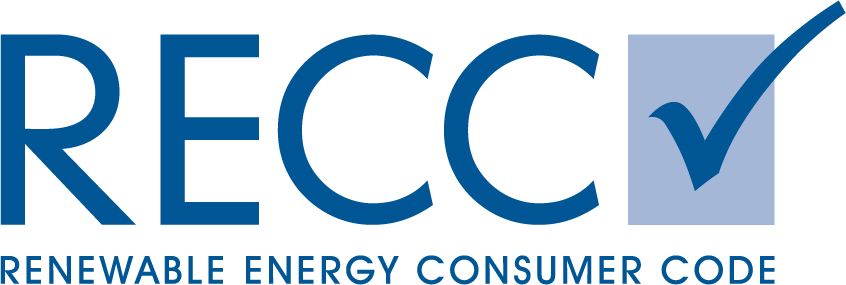

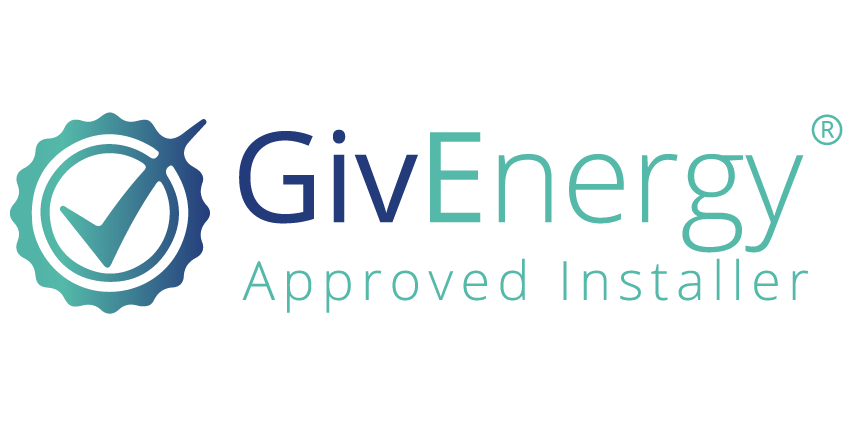

Slide title
Write your caption hereButton
Slide title
Write your caption hereButton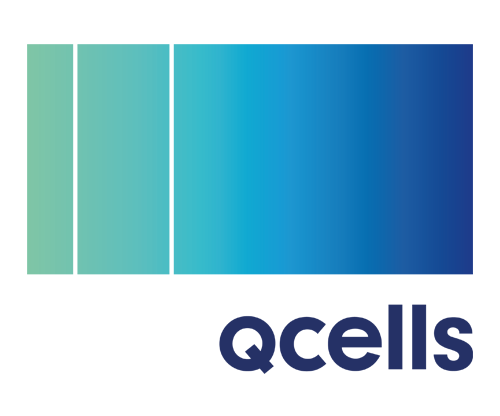
Slide title
Write your caption hereButton
Slide title
Write your caption hereButton
Slide title
Write your caption hereButton
Slide title
Write your caption hereButton
Slide title
Write your caption hereButton
Slide title
Write your caption hereButton
Slide title
Write your caption hereButton
Slide title
Write your caption hereButton
Slide title
Write your caption hereButton
Slide title
Write your caption hereButton
Slide title
Write your caption hereButton
Slide title
Write your caption hereButton
Slide title
Write your caption hereButton
Slide title
Write your caption hereButton
Slide title
Write your caption hereButton
Slide title
Write your caption hereButton
Slide title
Write your caption hereButton
Slide title
Write your caption hereButton
Slide title
Write your caption hereButton
Slide title
Write your caption hereButton
